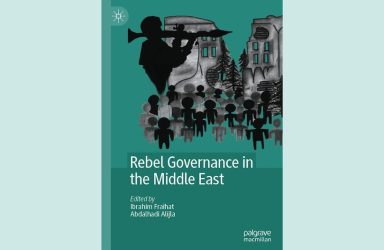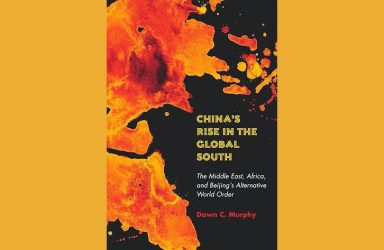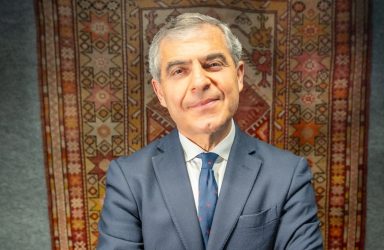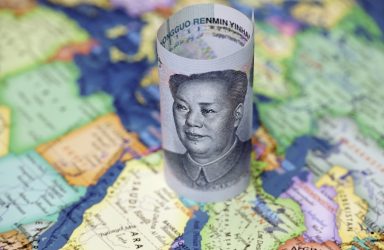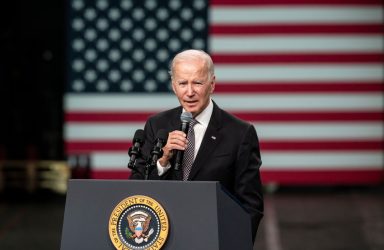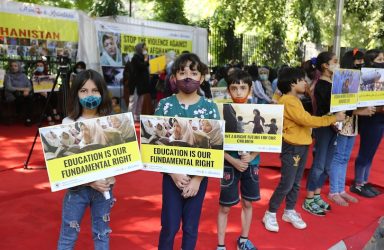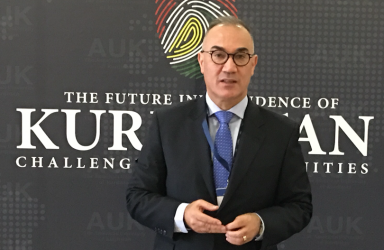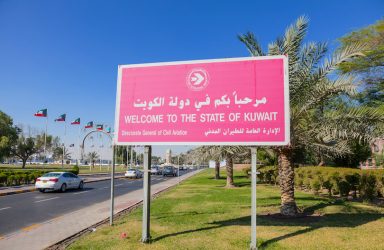Thinking Global Podcast – Trita Parsi
As part of our US election series, Trita Parsi speaks about Trump’s Middle East foreign policy, US-Israel relations, the Abraham Accords, Turkey, and more.
Review – Rebel Governance in the Middle East
Despite some lingering inconsistencies, this is a substantial contribution to the field, strengthened by the inclusion of a diverse range of locally-informed authors.
Review – China’s Rise in the Global South
Dawn Murphy explores the under-analysed rise of China as an actor in the Middle East and Africa, but underplays the competitive nature of China’s military ventures.
Thinking Global Podcast – Fawaz Gerges
Fawaz Gerges talks about Middle Eastern politics, political Islam, Pan-Arabism, Western colonialism, the ongoing Israel-Hamas conflict, and how peace may transpire.
Opinion – The Risks of China’s Growing Influence in the Middle East
It is vital that the region adopts an approach of strategic hedging and remains neutral for diplomacy and negotiation to become sustainable.
US Foreign Policy in the Middle East from Counter-Orientalism to Neo-Orientalism
The USA can lend its support to pro-American regimes in the Middle East, and at the same time, encourage them to support semi-democratic institutions.
Thinking Global Podcast – Mohammed Baharoon
Mohammed Baharoon explores the ‘quantum’ politics of the Middle East, its regional dynamics, the role of the BRICS, and the effects of the Russo-Ukrainian War in the region.
Opinion – Why Women’s Rights in the Gulf Matter for Afghanistan
For the Gulf states, there is a delicate balance between the region’s evolving geostrategic interests and a desire to appear as leaders of Muslim modernity.
Interview – Mohammed Ihsan
Mohammed Ihsan explores the implications of the de-Baathification process on transitional justice in Iraq, and progress towards national reconciliation.
The Cruelty of Kafala: Immigrant Life in Kuwait
Educating children and society that exploitation is immoral and demonstrating tolerance, equality and human dignity is the only way to end the Kafala mentality.

